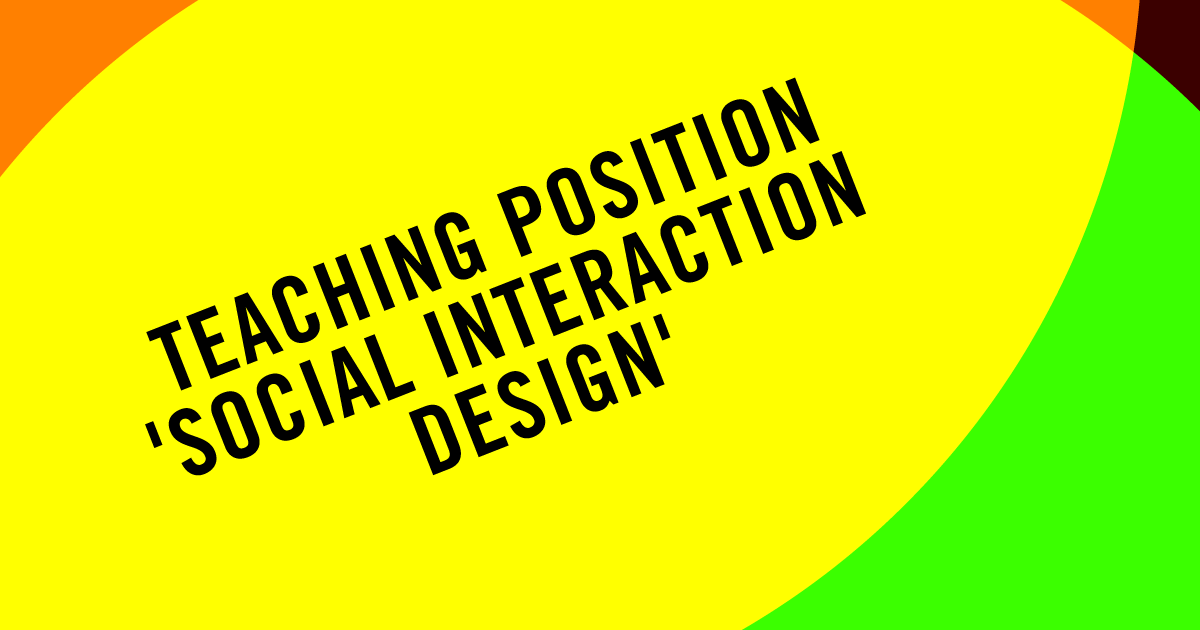For the MA Eco-Social
Here is the call. Application deadline 21 January 2022, 12:00 a.m. CET. If you have questions about the application procedure, please send an email to Recruitment Design. For questions concerning the MA Eco-Social Design and the teaching practice please contact me via email. Our apologies for the extreme bureaucratese form of the call. It is out of my hands to make this different :( But the work itself and the atmosphere in our study course and research projects are sunny and truly collaborative :)
The course will take place as in the summer semester 2021/22 (End of February 2021 to end of June 2021).
The practice-based and transdisciplinary Master in Eco-Social Design is an educational framework for designers who aim to contribute to more sustainable, resilient and fair futures. It supports students in developing their reflective practice by introducing students to challenges, partners, knowledges, instruments and strategies from diverse fields, which they draw together in their autonomous projects. Based on their interests and focus, students select courses in the areas “Observe, Analyze & Apply” (Social Sciences & Economics) and “Make & Intervene” (Design Disciplines), to which the course “Social Interaction Design” belongs.
The course Social Interaction Design teaches methods and techniques of “Interface and User Experience Design” with particular attention to the perspective of “Tangible User Interfaces” of public space integrating social interaction. Students are supported in the practical development of their projects and their practices in eco-social design through various prototyping techniques. Particular attention should be paid to the social, political and environmental impacts of their work. The question should be raised how Social Interaction Design fosters transformational change and which responsibilities designers have towards a more sovereign position in digitalization – for themselves but also for the participants they involve. The lecturer should be able to teach the principles and methods of Social Interaction Design in a comprehensible way also for those students who do not have a basic technical training.
